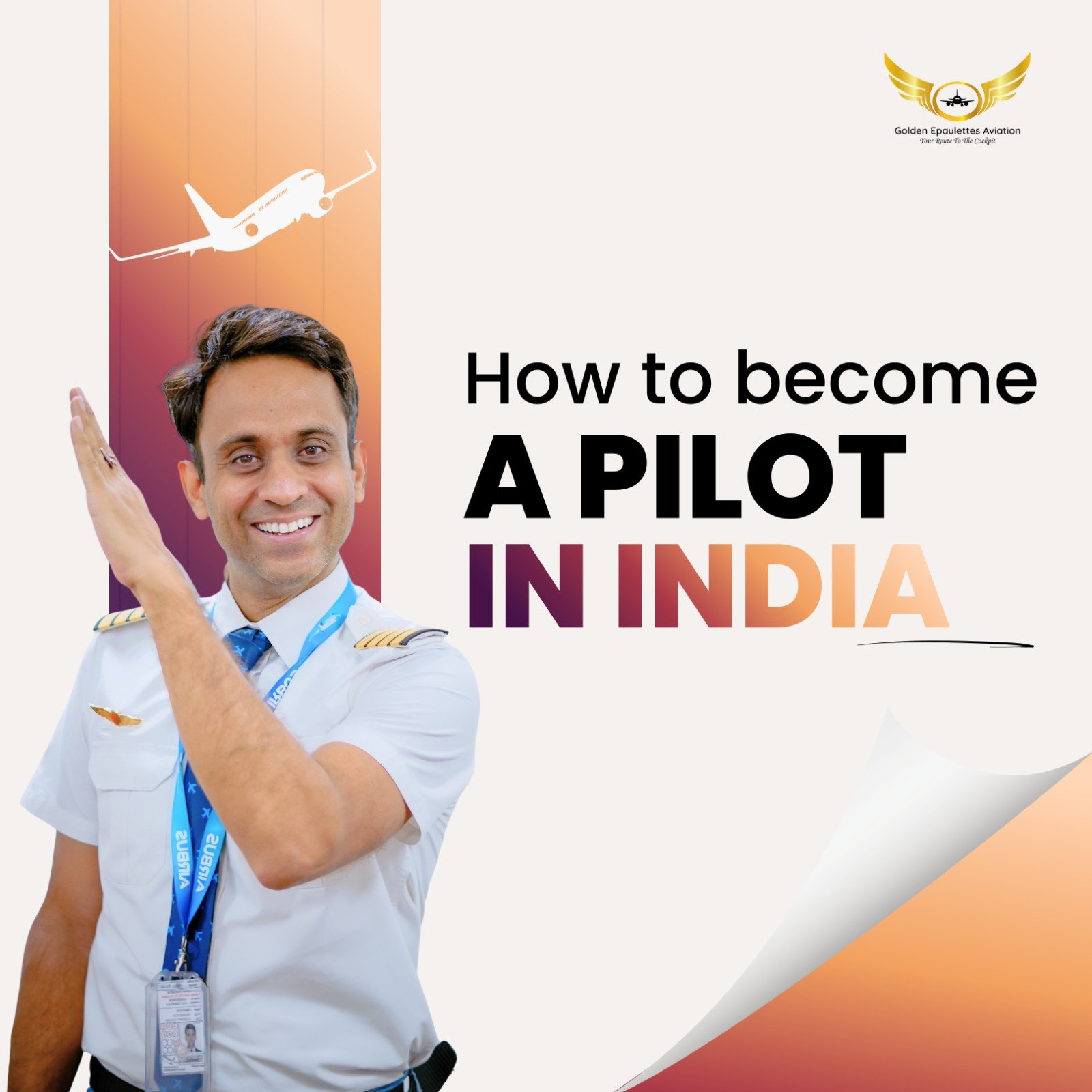Content will be added soon
Blog
•
13 Mar 2023
DGCA CPL Ground Classes: Essential Course Books for Pilots
Aviation Course Books for the DGCA CPL Ground Classes
R
Rohit
Author

